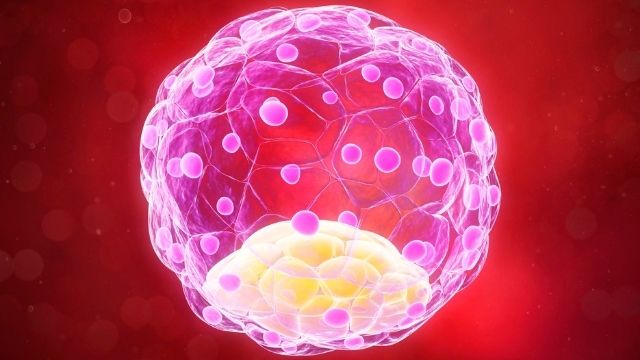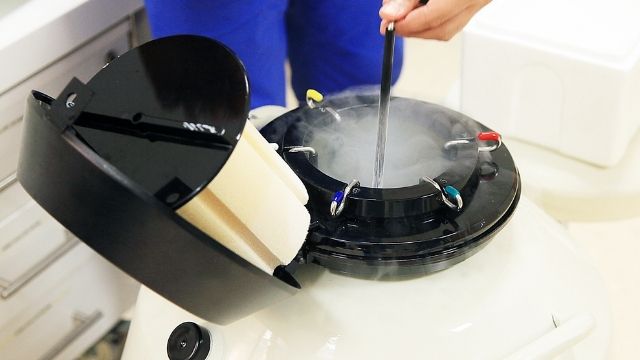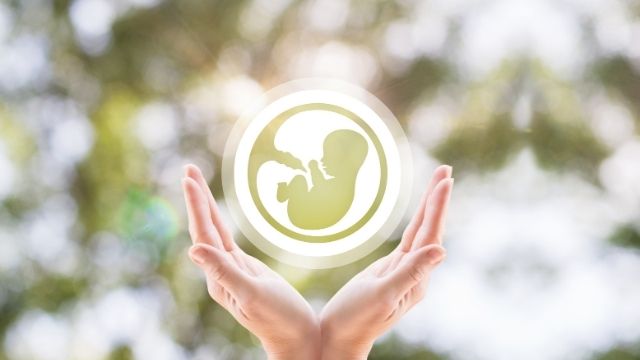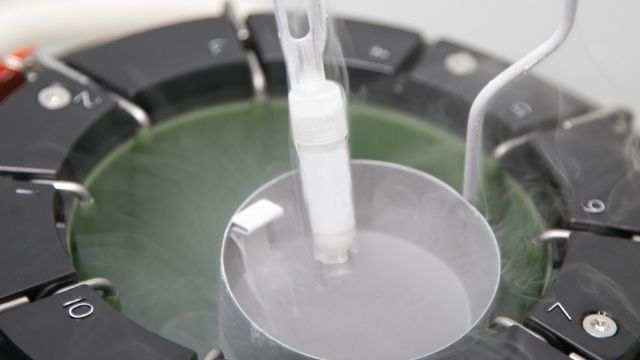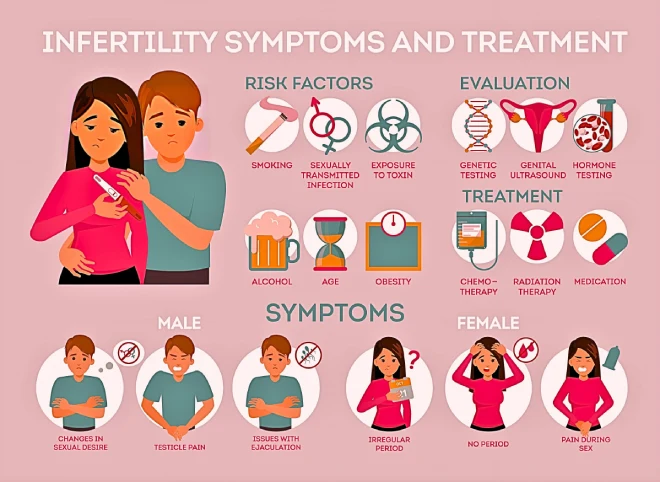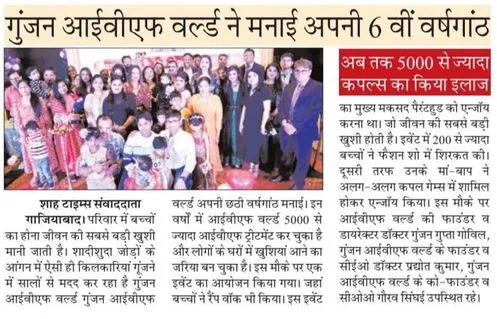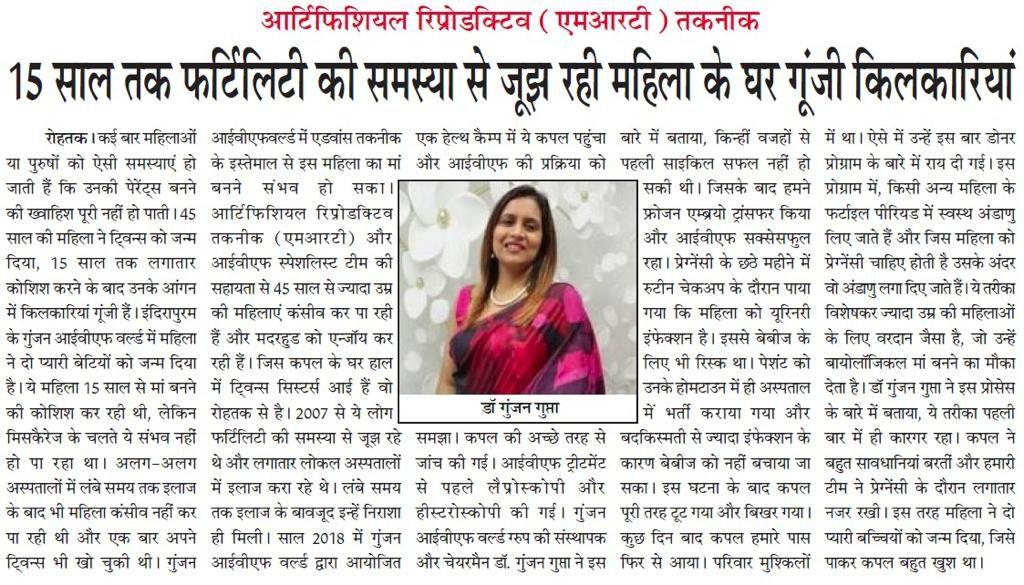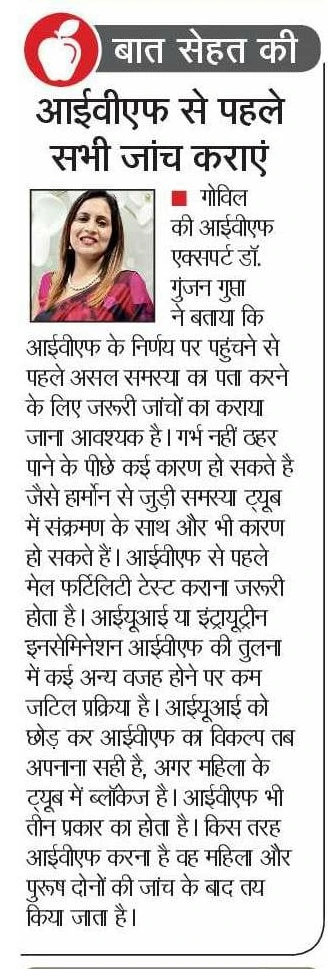ICSI/IVF
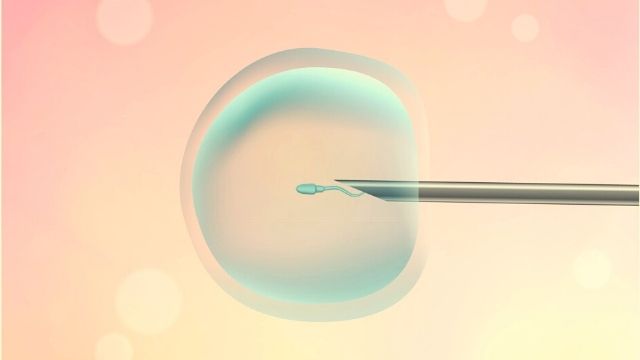
What is ICSI-IVF?
If your previous IVF treatments have failed and you are looking for a solution to your infertility problem, then ICSI-IVF can be a good option. It’s a slightly advanced version of In Vitro Fertilization process. It is mostly used in case of male infertility problems. Intracytoplasmic Sperm Injection, along with regular IVF, is ICSI-IVF. Here, only one sperm is injected individually into the cytoplasm of the egg.
ICSI-IVF is a procedure that includes both the procedures of IVF and ICSI. In this procedure a usual IVF procedure takes place and then ICSI becomes part of IVF. So, through ICSI, a single sperm is selected and is injected into the eggs for a healthy embryo. We can say that ICSI-IVF is an advanced version of IVF that gives a better result.
If Your Previous IVF Treatments have Failed , then You Must Visit a IVF Clinics in Delhi The Fastest Assessment and Subsequent Treatment Will help you to Reduce the Risk of IVF Failure.
Everything You Need to Know About ICSI/IVF
What to expect?
ICSI-IVF procedure can be considered in the situations where you are suffering from sperm related infertility problems like:
- Oligospermia, in which the sperm count is meager.
- Teratozoospermia, in which the sperm has an abnormal shape.
- Asthenozoospermia, in which the sperm movement is low.
In all such situations, ICSI-IVF can provide relief. As in this process, the sperm can be retrieved directly from the men’s testicles, and the process is called testicular sperm extraction or TESE. The sperm so acquired is used for fertilization of the egg through ICSI-IVF. In male infertility problems, it becomes difficult to retrieve the sperms in a good amount. So, with the help of the TESE method, doctors can retrieve the sperms for further procedures.
It is important to note that ICSI-IVF is not only a relief for male infertility problem but also for other problems where:
- Previous failed IVF treatments.
- If the sperm had been kept frozen in a controlled lab.
- Frozen eggs are being used for fertilization.
- If genetic testing is required to test the abnormalities of chromosomes.
- In Vitro, Maturation is being used that is immature eggs are used to get mature in the lab.

In all such situations, ICSI-IVF can provide relief. As in this process, the sperm can be retrieved directly from the men’s testicles, and the process is called testicular sperm extraction or TESE. The sperm so acquired is used for fertilization of the egg through ICSI-IVF. In male infertility problems, it becomes difficult to retrieve the sperms in a good amount. So, with the help of the TESE method, doctors can retrieve the sperms for further procedures.
It is important to note that ICSI-IVF is not only a relief for male infertility problem but also for other problems where:
- Previous failed IVF treatments.
- If the sperm had been kept frozen in a controlled lab.
- Frozen eggs are being used for fertilization.
- If genetic testing is required to test the abnormalities of chromosomes.
- In Vitro, Maturation is being used that is immature eggs are used to get mature in the lab.
If You Are Having Trouble to Getting Pregnant, you Might Want to see Gynaecologist, IVF Center in Delhi. Each Patient Receives Individualised Care and Treatment Plans from Our team of Skilled Doctors and Specialists to Address Their Unique Needs.
Sub Treatments For IVF
We are one of the Best IVF Clinic in Delhi NCR!
51.8K
Subscribers
4.6 (383 reviews)
4.5 (409 reviews)
3.5 (254 reviews)

5 Out Of 5
ICSI-IVF Success rate
ICSI-IVF has some benefits over IVF, and so has a higher success rate than IVF. ICSI has a success rate of fertilizing about fifty to eight percent of total eggs. You might think that ICSI-IVF should be able to fertilize all the eggs, but this is not true. The fertilization of eggs is always unpredictable.
However, if you measure the probability, it says that out of ten eggs, eight eggs have the chance to get fertilized naturally.
Why Choose us
When it comes to your fertility journey, Top IVF Center In Delhi Stands out by combining compassionate care and state-of-the-art technology. Our dedicated team of experts is committed to supporting you every step of the way, ensuring the highest probability of success.
ICSI-IVF Risks and benefits
The risk related to ICSI-IVF is the same as regular IVF, but the process also adds some additional risks. The regular risks are pointed down below:
- Increased risk of miscarriage because of multiple births.
- Heart problem in the newborn that may require heart surgery.
- The baby will have less weight.
- The risk of preterm delivery
The additional risks are:
- There is a bit higher chance of congenital disabilities, which means the baby will carry chromosomal abnormalities.
- The male child will have the same infertility problem as his father due to genetic transfer.
However, there are some benefits to it also, like it provides an opportunity to be a parent when suffering from severe infertility issues. The couple can also opt for this process to use a donor option if he has undergone a vasectomy or he can directly retrieve the sperm from his testicles. It provides a lot of opportunities to not only couples but also single moms. This procedure is even beneficial for an LGBTQ community.
The additional Risks are:
- There is a bit higher chance of congenital disabilities, which means the baby will carry chromosomal abnormalities.
- The male child will have the same infertility problem as his father due to genetic transfer.
However, there are some benefits to it also, like it provides an opportunity to be a parent when suffering from severe infertility issues. The couple can also opt for this process to use a donor option if he has undergone a vasectomy or he can directly retrieve the sperm from his testicles. It provides a lot of opportunities to not only couples but also single moms. This procedure is even beneficial for an LGBTQ community.
Conclusion
Because of the additional risk, it is recommended by the doctors not to go through ICSI with IVF. But if you have considered other treatments and have not yet benefited, then you can always try ICSI-IVF. It will ensure that you live the life of a parent and experience parenthood.
Patient Guide
Along with treating our patients, we also guide them with the help of our educational blogs and videos.
Educational Blogs

5 mistakes to avoid when going through IVF treatment
Comprehensive Fertility Treatments | Gynaecology Procedures | Menopause Management | Pregnancy...
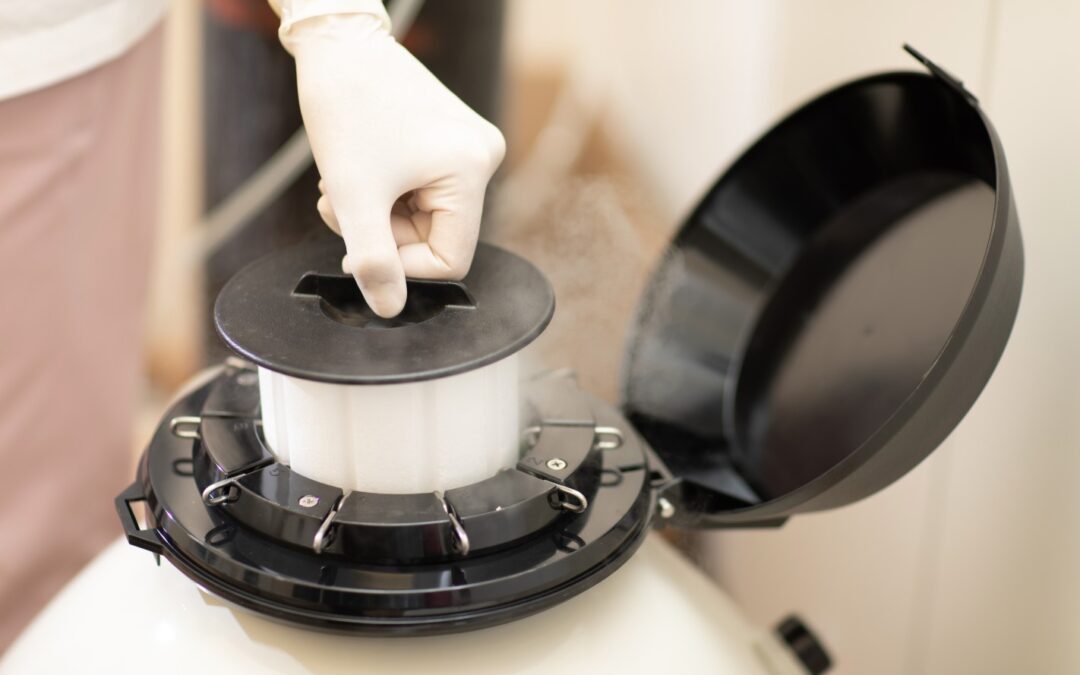
Sperm Cryopreservation – Understanding what and why of it?
A ready reckoner on everything you need to know about sperm freezing and sperm preservation by IVF...
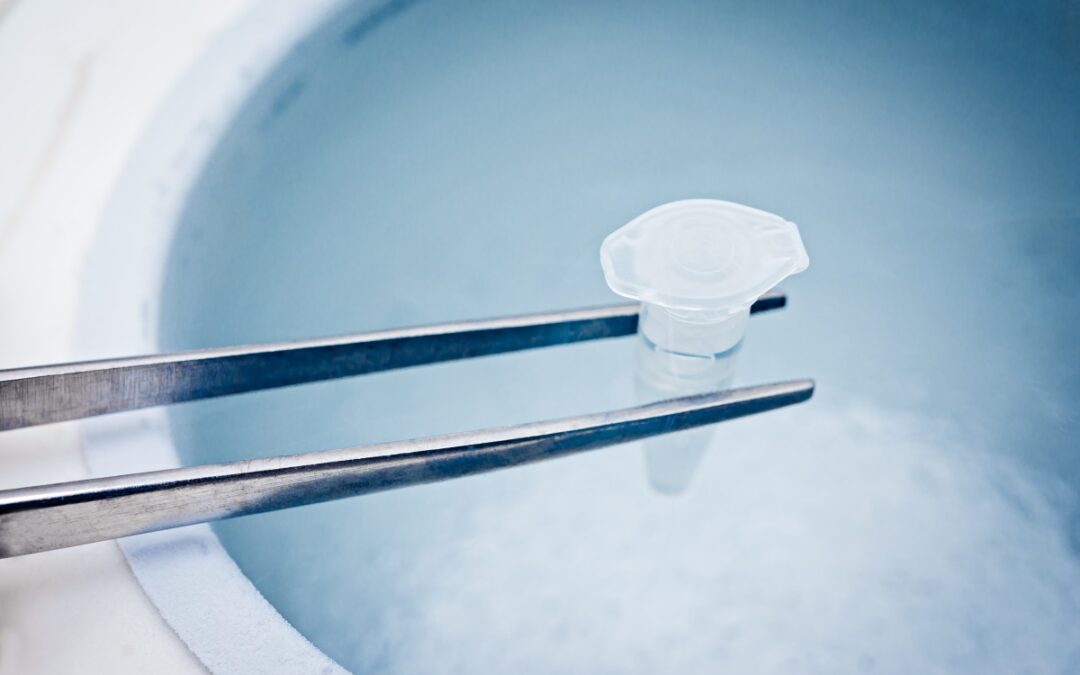
Things you need to know when considering Egg Freezing
IVF specialists of the best IVF centre in Delhi – Gunjan IVF World share valuable information on...
Educational Videos
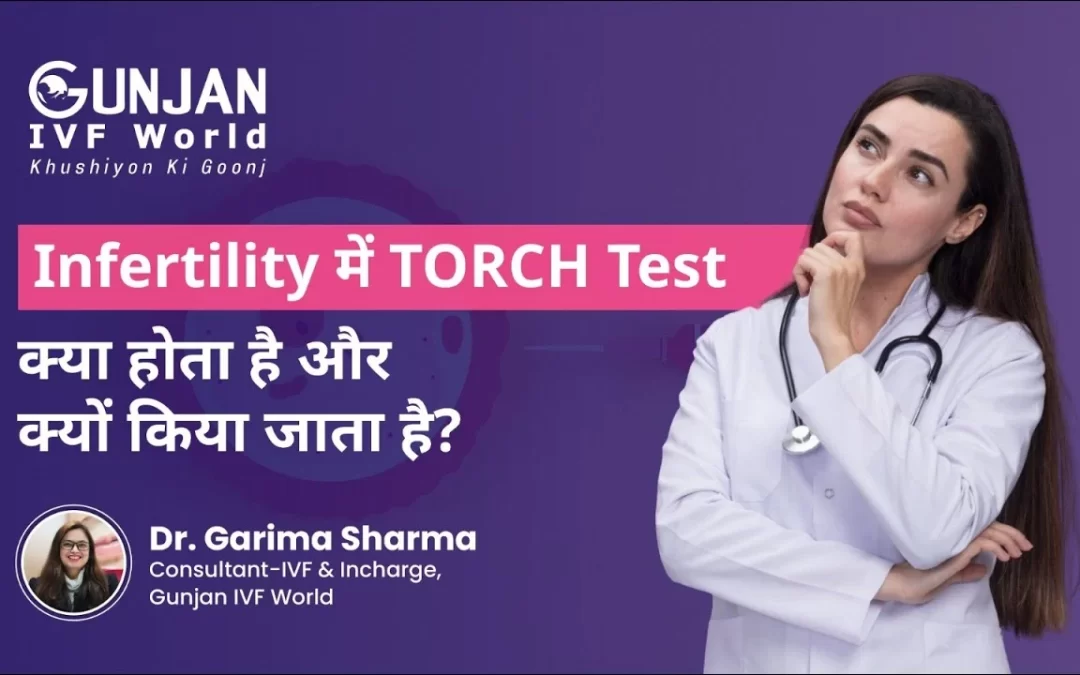
What is TORCH test in infertility and why is it done?
There are numerous tests that are available to infertile couples that are recommended by some doctors, which might help them determine the cause of their infertility. One such test is the TORCH test.
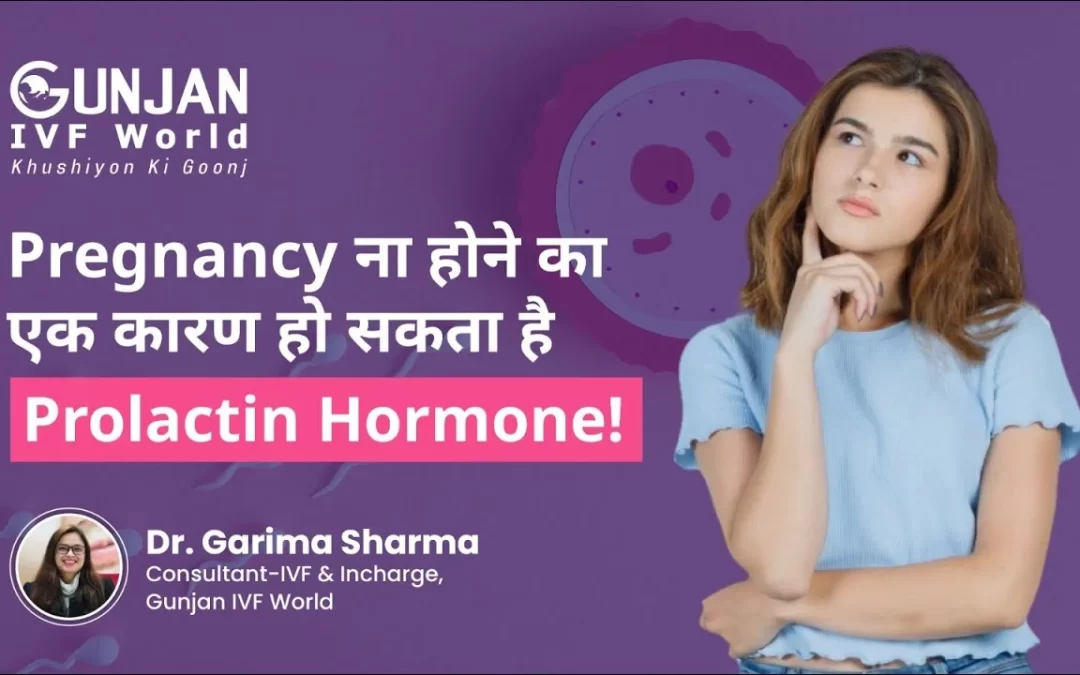
What is Prolactin Hormone?
Prolactin is a hormone produced by the pituitary gland present at the brain’s base. It is best known for its role in lactation, or milk production, in breastfeeding women.However, Prolactin also plays other important roles in both men and women, such as regulating the immune system, stimulating the growth of new blood vessels, and influencing behaviour and reproductive function. In this blog, we will explore what Prolactin is, how it works, and what happens when there are imbalances in prolactin levels.
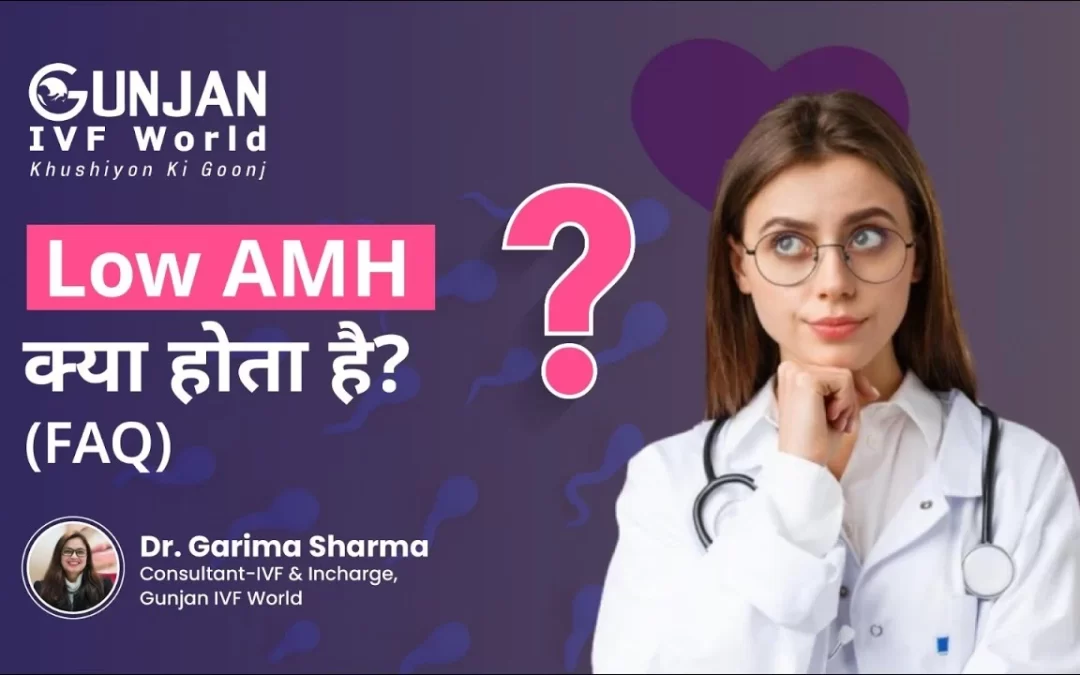
Frequently Asked Questions about Low AMH
Primordial and Preantral follicles produce AMH. So the AMH level indicates the number of eggs or egg reserves you have in your ovary. Putting simply, if your AMH level is low, then the number of eggs in your ovary is less.


